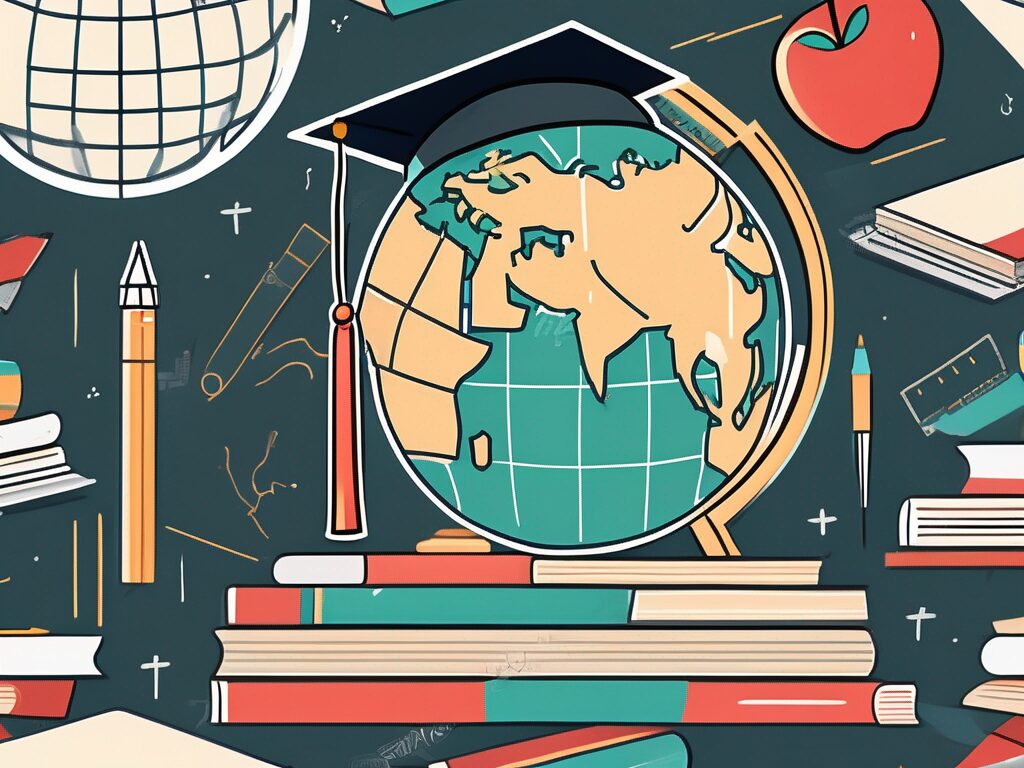Education is a fundamental pillar in the development of any society. It is the vehicle through which knowledge, skills, and values are transmitted from one generation to the next. In Malaysia, a multicultural and multilingual country, education plays a crucial role in promoting unity and social cohesion. However, cultural barriers often pose significant challenges to the education system. This blog post will delve into five examples of these cultural barriers and how they impact education in Malaysia.
1. Language Barriers
Language Diversity
Malaysia is a linguistically diverse country, with Malay, English, Mandarin, and Tamil being the main languages spoken. This diversity, while enriching, can also create barriers in the education system. For instance, students from non-Malay backgrounds may struggle to grasp subjects taught in Malay, the national language and medium of instruction in public schools. This can lead to academic underperformance and a sense of alienation.
English Proficiency
English proficiency is another language-related barrier. Although English is taught as a second language in Malaysian schools, the level of proficiency varies widely. Students from urban areas and private schools often have a higher level of English proficiency compared to their peers from rural areas and public schools. This disparity can lead to unequal educational opportunities and outcomes.
2. Ethnic Segregation
Segregation in Schools
Malaysia’s education system is somewhat segregated along ethnic lines, with Malay, Chinese, and Tamil schools catering to their respective communities. This segregation can hinder intercultural understanding and foster a sense of ‘otherness’ among students. It can also limit students’ exposure to Malaysia’s rich cultural diversity.
Curriculum Bias
Another issue related to ethnic segregation is curriculum bias. Critics argue that the Malaysian curriculum tends to emphasise Malay culture and Islam, potentially marginalising non-Malay students. This bias can lead to feelings of exclusion and a lack of cultural representation in education.
3. Socioeconomic Disparities
Access to Education
Socioeconomic status plays a significant role in access to quality education in Malaysia. Students from affluent families often have access to better educational resources and opportunities, such as private tutoring and overseas studies. In contrast, students from less privileged backgrounds may face financial constraints that limit their educational opportunities.
Quality of Education
The quality of education also varies significantly across different regions and schools in Malaysia. Urban schools, for instance, tend to have better facilities and more qualified teachers compared to rural schools. This disparity can perpetuate socioeconomic inequalities and hinder social mobility.
4. Gender Stereotypes
Gender Roles in Education
Gender stereotypes can also pose barriers to education in Malaysia. Traditional gender roles and expectations can influence educational choices, with boys often encouraged to pursue STEM (Science, Technology, Engineering, and Mathematics) subjects, while girls are often steered towards arts and humanities. This gender bias can limit students’ potential and perpetuate gender inequalities in the workforce.
Gender Bias in Textbooks
Gender bias in textbooks is another concern. Studies have found that Malaysian textbooks often portray men and women in stereotypical roles, reinforcing traditional gender norms. This bias can influence students’ perceptions of gender roles and limit their career aspirations.
5. Religious Sensitivities
Religion in Schools
Religion plays a significant role in Malaysian society, and this is reflected in the education system. However, religious sensitivities can create barriers in education. For instance, non-Muslim students may feel uncomfortable or excluded in schools where Islamic practices are prominent.
Religious Education
Religious education is another contentious issue. While Islam is the official religion of Malaysia, the country is home to a variety of other faiths. Balancing the need for Islamic education with respect for other religions can be a delicate task, and missteps can lead to tension and conflict.
In conclusion, cultural barriers pose significant challenges to Malaysia’s education system. Overcoming these barriers requires a concerted effort from all stakeholders, including educators, parents, policymakers, and the students themselves. By promoting cultural understanding, inclusivity, and equity, Malaysia can ensure that all students have the opportunity to reach their full potential.
Empower Your Teaching Career with IPGCE
As we navigate the cultural complexities within Malaysia’s education system, the need for qualified and culturally competent educators has never been greater. IPGCE recognizes these challenges and offers a transformative solution. Our International Postgraduate Certificate in Education (iPGCE) is designed to enhance your qualifications, connect you to a global network of professionals, and deepen your understanding of international curricula. With our program, you’re not just overcoming cultural barriers; you’re also advancing your career, increasing your potential for promotions and salary growth, all while enjoying the flexibility of online study. Don’t let inadequate credentials limit your opportunities. Join the UK’s #1 Teacher Training Course today and become the educator that makes a difference.

